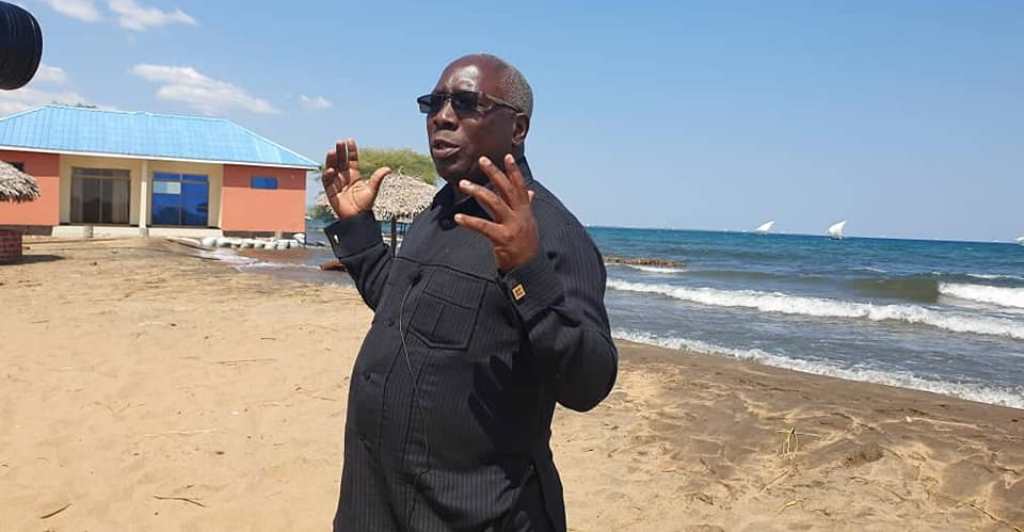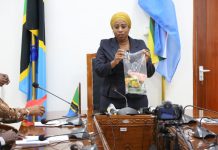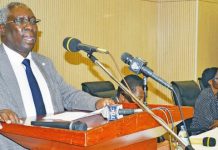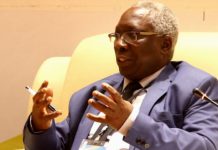Author: MARY RAMADHANI
AfricaPress-Tanzania: MEMBERS of the public have been urged to isolate waste according to their nature and categories and treat them as job opportunities because most of them can be recycled or be processed and returned to the market.
Director General of National Environmental Management Council (NEMC), Dr Samuel Gwamaka, spoke of the subject at the weekend as he officiated at the Integrated Waste Management Symposium prepared by Tindwa Medical & Health Services (TMHS).
“Waste should not be treated as dirt, rather as an opportunity as once they it is separated and recycled it can create jobs and reduce the importation of raw materials,” said Dr Gwamaka.
It is estimated that by 2025 Dar es Salaam alone will be producing 12,000 tonnes of waste, calling for continued efforts to conserve and protect the environment.
Dar es Salaam alone generates 55 per cent of waste – that is 10,000 tonnes per day of the total waste produced countrywide – but only 45 per cent (equivalent to 1,200 tonnes) is sent to dumps.
Uncollected waste is heaped on open spaces, sewer pipes ending up clogging drainage systems, road sides and on residential areas.
He insisted that it was imperative to create awareness on local communities on the importance of separating waste generated as it was an opportunity.
Separating waste from where they are generated, like in households like paper, perishables and plastics and instead of dumping them they can be sold.
He explained that separating waste should not be looked upon as a burden, but rather an opportunity.
Dr Gwamaka said apart from simplifying the work for those, who collected the waste it would also reduce the cost of waste collection as well as landfills would last longer.
He noted that the symposium had come at the right time as the management of waste had become a global agenda in recent years and following heightened concerns raised over the environmental impact of Covid-19 waste, experts in the sector and policymakers aimed at looking for a workable solution.
“This is partly through strengthening a network of key players in waste management, that is government authorities, manufactures, waste collectors and suppliers of waste as raw materials,” he said.
He commended that the Environmental Management Act, 2014 wanted all councils, cities and municipal councils for putting in place a system that would require waste to be categorised from where it was generated.
He added that the law also gave the Minister of State in the Vice President’s Office (Union and Environment) to put in place guidelines that would direct institutions, marketplaces and households on how to separate waste.
“Waste collection is monitored by a municipal or city council. It is true that we need a system that will ensure that the environment is protected and stakeholders cooperate to ensure environmental protection and reduce the cost of waste collection.”
He praised TMHS for preparing the symposium that brought together stakeholders and the government to know their challenges and worked together to ensure environmental protection.
TMHS Director, Dr Chakou Halfani, noted that there was a challenge of waste management in the country, especially in urban areas that required stakeholders to cooperate and look at an integrated solution as a way forward in waste management.
“The government is the main controller, while we, as stakeholders, should cooperate to address challenges instead of just blaming the government,” he said.







